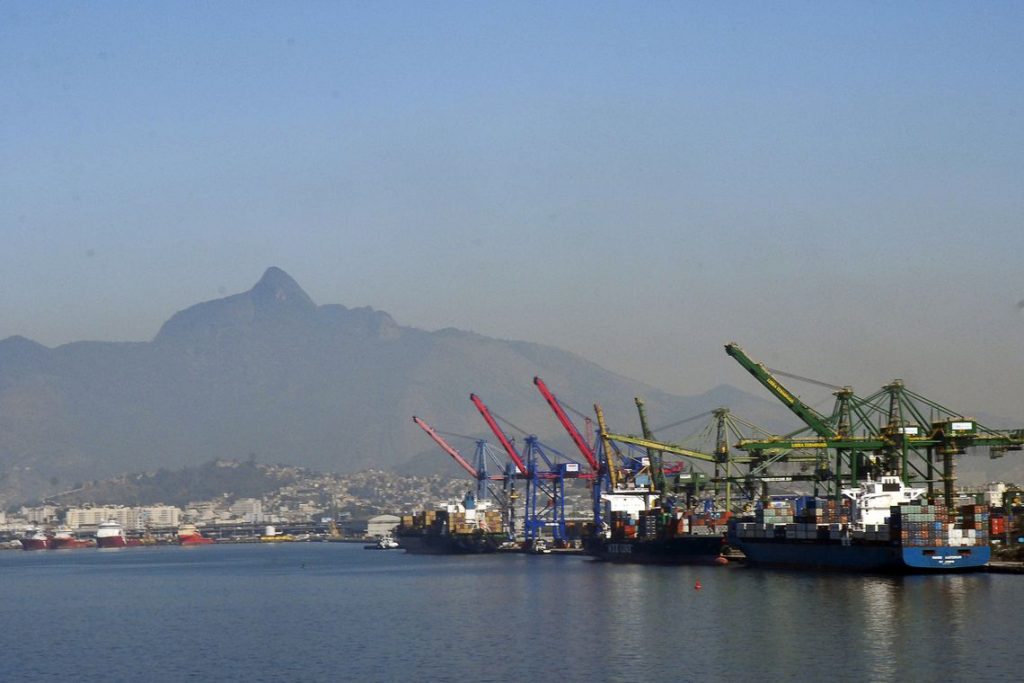São Paulo – Brazilian exporters have a series of tax benefits that they can use when shipping goods. Rebouças Consultoria Tributária partner Eduardo Rebouças pointed out some of these possibilities in a webinar on Thursday (18) hosted by the AfroChamber, which also featured Arab Brazilian Chamber of Commerce secretary-general Tamer Mansour, and AfroChamber president Rui Mucaje and CSO Valdemar Camata Júnior.

The virtual conference addressed export tax benefits, focusing on the Arab and African markets. Among the compensable taxes in exports, Rebouças pointed out PIS (Social Integration Program), Cofins (Contribution for the Financing of Social Security) and IPI (Tax on Industrialized Products).
Rebouças explained that different laws can be used to get compensation in exports. However, the exporter needs to be careful to not make choices that could result in fines. “You can use one law or another, but if you decide on one you cannot change. If you try, you will have your request denied by the Department of Federal Revenue. You can only change when the fiscal year ends.”
Other export stimulation program is Reintegra, which allows you to receive credit on the exports of some products. “It reached 3% once, but now it’s 0.1%, As soon as the economy is better, this should improve,” Rebouças said. He added that there are tax benefits for products such as coffee and soybeans.
Business opportunities in the African Arab countries were also addressed in the webinar. Mansour pointed out that these markets have gained a foothold on the Brazilian trade balance. He mentioned Morocco and Egypt as the main fertilizer exporters to Brazil. As for exports, he believes that organic products, halal, and ecommerce are key sectors.
“And in long-term projects I can see opportunities using Brazilian technology, Arab investment and places such as Sudan, which is a great environment to make long-term investments, sell our machines to,” Mansour pointed out. The secretary-general added that, in order to implement these plans, one task that can no longer be postponed is the digitization of processes.
For the African markets, the opportunities are even more diverse, Camata Júnior pointed out. He believes that it is important to break the myth that African countries are not competitive. “Brazil is behind several African countries in the [competitiveness] global ranking. Moreover, the old continent has the youngest market,” he said. Camata pointed out that Brazil is the 18th largest exporter to Africa and that two Arab countries are among the main destinations in the continent: Egypt is the 1st, and Algeria the 3rd.
Translated by Guilherme Miranda




